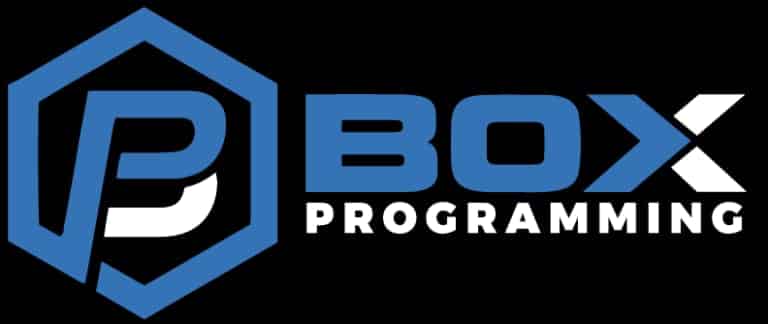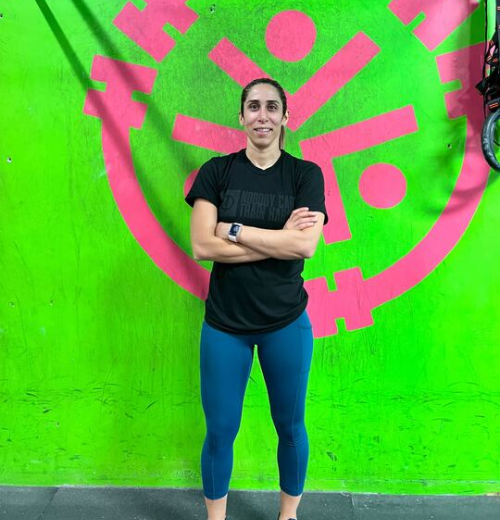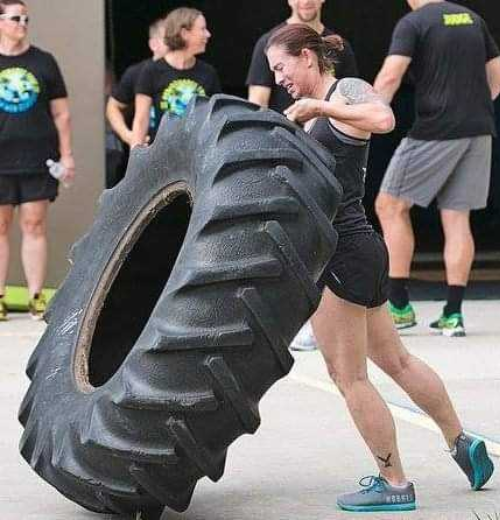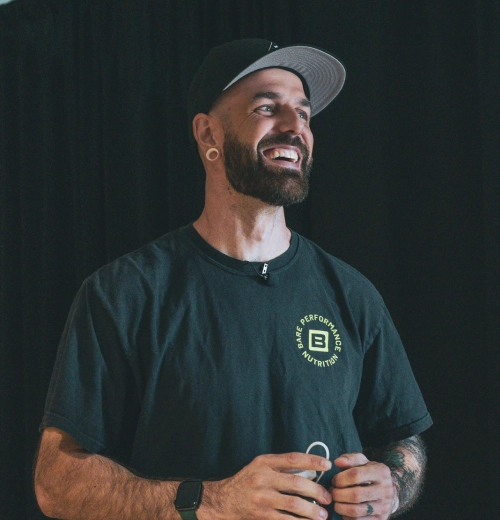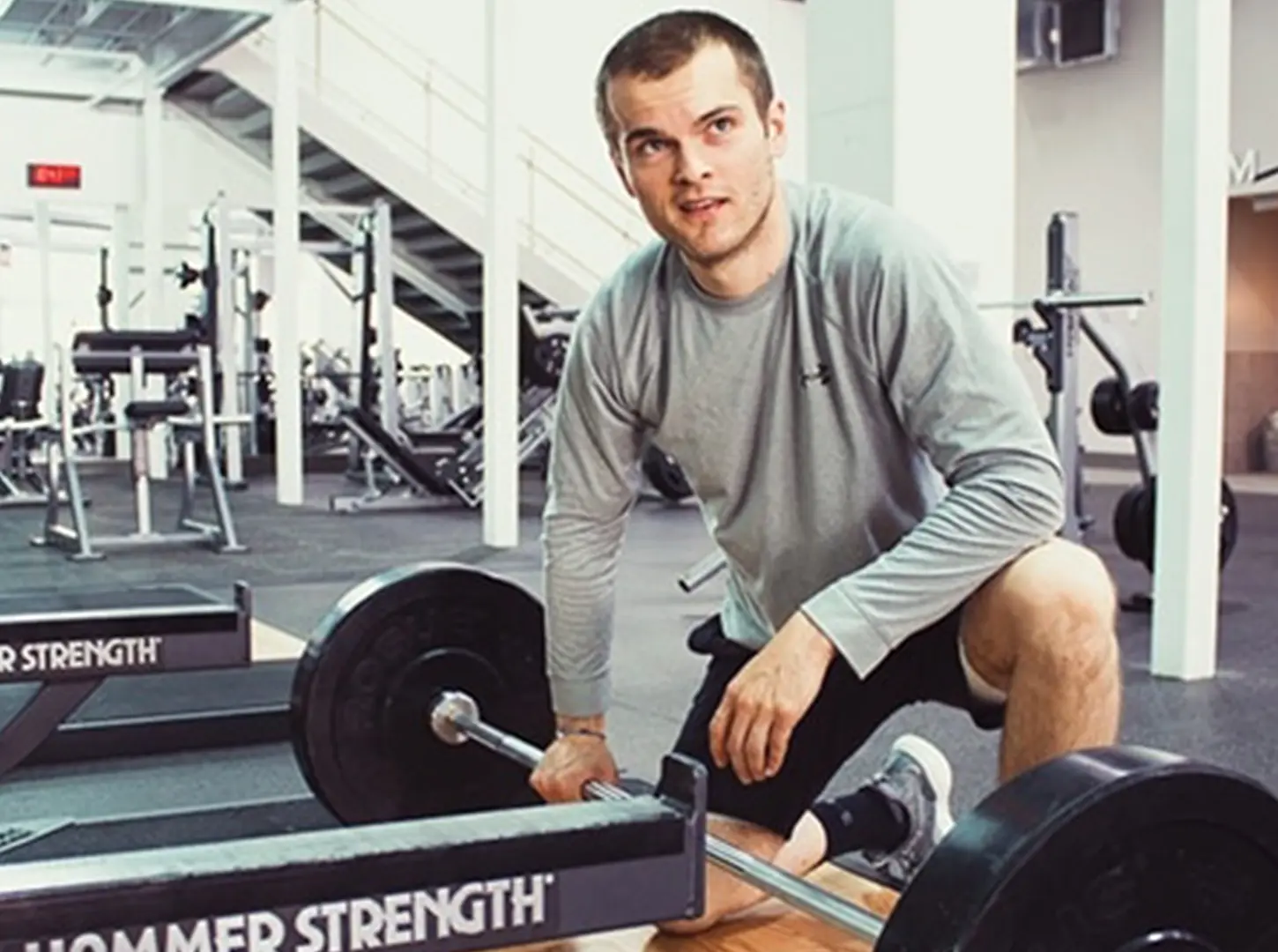In part 1 (part 1 here), we talked about warning signs that your body isn’t recovering well.
Some of the big signs include:
- Performance plateau or decline
- Trouble sleeping,
- Resting heart rate changes,
- Feeling low or depressed
- Uncharacteristic muscle soreness (DOMS).
Obviously there are others, but those are some of the most common red flags. Even if your recovery is decent, it can and should always be better. If you’re working out as hard AF then you also need to recover as hard AF. Although Mat Fraser doesn’t post shots of him on Instagram getting a massage, mobilizing for an hour, doing meal prep, hitting active recovery workouts, you better believe he’s doing those things.
If you think any of the above symptoms could be related to your recovery, consider some of the following solutions:
- Prioritize Sleep If you’re in the detrimental poor sleep cycle and you can’t shake it—meaning, you’re not recovering, so you can’t sleep, then bad sleep makes recovery even worse—then it’s time to take sleep seriously for the sake of your mental health, hormonal balance and muscular recovery. You’ve all heard the magic 8-hour sleep number. Truth is everyone’s magic number is different: Could be 7 hours for you, could be 10 hours.
Some sleep tips include:
- Go to bed (even if you can’t fall asleep right away at first) and wake up (preferably early) at the same time every night for two weeks. Resetting a consistent rhythm has proven to be best for quality sleep.
- Make it as dark as possible: Try black out blinds, and definitely make sure there are no screens or lights on, even lights from alarm clocks or phones!
- Speaking of phones: Try to set your phone on airplane mode or leave it in another room before bed. Sounds crazy but I guarantee this will help you improve the quality of your sleep!
- Wake up with the sun if possible.
- Adjust the temperature. Fresh air and cooler temperatures have been shown to improve the quality of your sleep. 70 or lower.
- Stop Skipping Cool down and Active Recovery Day.s Many people I work with have a “go hard or go home” mentality. Active recovery—be it a hike or a swim or a mobility session—and cooling down after a workout are important, not just for the mind but for muscular recovery. If you feel your legs cramping after 150 wall balls, don’t run out the door right away only to sit at a computer for five hours. Take 5 to 10 minutes to do a light bike, roll out, and stretch. Same goes for active recovery days: If you’re sore, moving at a low intensity helps flush out your body and decrease the DOMS. Even on my rest days, I like to do a light warm-up: I always feel much less stiff after I move around for 20 minutes. Here’s a great article https://breakingmuscle.com/fitness/what-is- a-foam- roller-how- do-i- use-it- and-why- does- it-hurt about foam rolling.
- Continue to dial the diet If you’re not eating well, let’s just keep it simple for now: Avoid sugar and processed foods. If you think you’re already eating well—lots of protein, healthy fats and vegetables—it might be worth considering a food sensitivities test if you feel your recovery still isn’t great. It can tell you what foods your body just doesn’t like: Sometimes foods you least expect—even healthy foods like eggs or broccoli—are causing you inflammation. Tweaking your diet and removing foods that make you inflamed can make all the difference in your recovery. Also consider WHEN you eat. If you’re not eating some carbs, protein and fat within 30 minutes after a hard workout, start doing that.
- H2O: People tend to be attentive to hydration levels on game day—“I am doing a half marathon today so I better drink lots this morning”—but day-to- day hydration is often overlooked. Hydrating is also putting health in the bank. That means that your shitty night of drinking on Friday, really hits a few days later, right in the middle of your Monday workout. But if you drink lots of water on Friday, your Monday workout will definitely be better. Drinking a gallon of water on game does doesn’t actually do much. Not only does drinking (water, not beer you lush) enough help recovery, it also helps efficient nutrient uptake, helps lower stress, and improves skin tone and hair quality. You’ve all heard of the pee test: If your pee is clear to pale yellow, you’re probably hydrated enough. If it’s dark yellow, drink more water! If you can’t get yourself to get that much water down, add a lemon or cucumber, or buy a soda stream if it’s the bubbles that you’re after.
- Stop Slouching: Might sound strange to put this in the recovery tool belt, but bad posture, be it sitting or standing posture, can lead to back pain, neck pain, making your body feel like it isn’t recovered and ready to train. A good chair is a great place to start, especially if you sit all day at work: Invest in an ergonomically correct one. If you have a hard time sitting up straight, place a foam roller or lacrosse ball in your back to give you a tactile reminder to sit up straight. If the foam roller or ball falls, you know you started to slouch. As for standing, make an effort to stand with equal weight on both feet, and don’t let yourself lean on objects for support.
- Supplements: We’re not here to tell you to pump yourself with all sorts of supplements, but there are some really good ones that have shown over and over to help with recovery.
Here are three to consider:
- Fish oil: Fish oil is one of the most proven recovery aids there is. It increases recovery by decreasing inflammation in your body, decreasing muscle soreness (DOMS), and boosting your immune system. Make sure to get one with high levels of DHA and EPA. I recommend over 2500mg of EPA per serving, 1000mg of DHA. SFH sells a great tasting one here
- L-Glutamine: An amino acid, glutamine removes waste products like ammonia from your bloodstream, helps with both brain and digestive function, and ultimately helps recovery from physical stress. •
- Magnesium: First of all, magnesium is great for sleep. But it also helps improve muscle function, helps maintain electrolyte balance and reduces fatigue. Combining magnesium with zinc is something else to consider, as zinc also helps boost the immune system. Check this article we wrote about magnesium http://1m9.eb2.myftpupload.com/the-one-supplement-youre-not-taking/
Like diet, it’s best to trial and error and see what works best for you! And don’t hesitate to reach out to us for more help.
Join our tribe and work with coaches who know how to prescribe a more sustainable approach to health and wellness in the gym!




